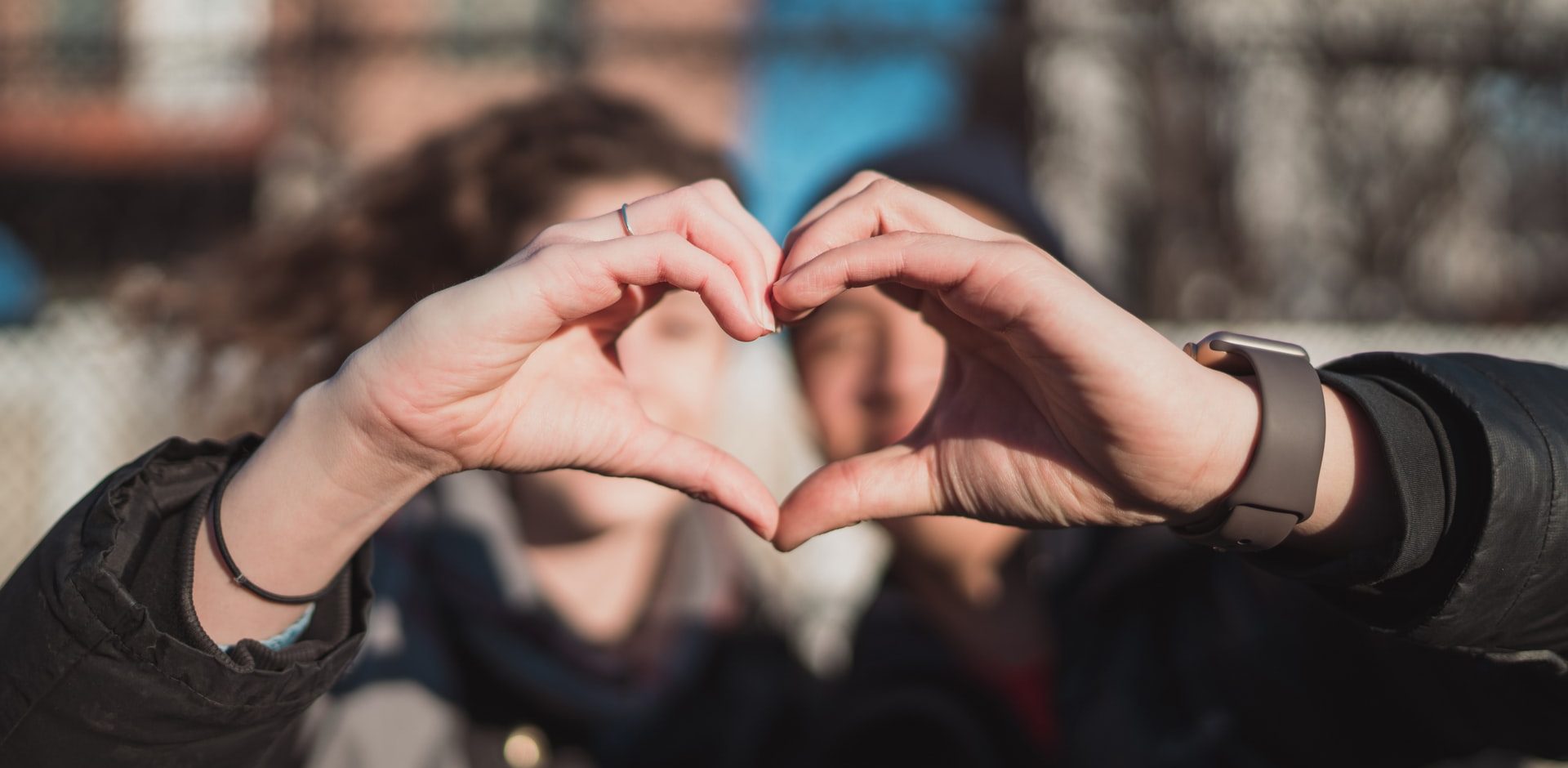What is peer support and what is a peer visitor?

Peer support
Peer support is emotional and practical support between two or more people who share a common experience. It is based on the relationship between people who have had a shared lived experience. The philosophy of peer support is that each person has within themselves the knowledge of what is best for them as well as a strong desire to find a way towards improved wellness. Peer support is based on a relationship in which each person is considered equal to the other. There is a focus on health and recovery as opposed to illness and disability.
“The philosophy of peer support is that individuals have within themselves the knowledge of what is best for them and a strong desire to find a path towards improved health. The peer supporter supports that person as they search for that inner knowledge and reignite that hopeful desire. Peer support is based on relationships in which each person is considered equal within the relationship and self-determination is highly respected. Peer support is focused on health [and well-being] rather than on illness and disability. In all types of peer support relationships, empathetic understanding and experiential learning are shared in a non-judgmental and supportive manner.” (Peer support Canada 2016)
Peer support can be provided in many ways including individual sessions, self-help groups, and online groups. Peer visitors provide one-on-one support.
Peer visitors
- A peer visitor is someone who has experienced a life-changing event (limb loss, or congenital limb deficiency), is living a full and productive life, and has completed a training program preparing him/her to visit another individual and his/her family facing a similar experience
- Peer supporters listen, provide emotional support, and most importantly inspire hope.
- A peer visitor volunteers to serve as a role model, offer emotional support and provide information about the resources available locally and nationally.
Listen to the following short video in which Lisa speaks about her experience of peer support (4.5 minutes):
Why be a peer visitor?
Firstly because as a person living with amputation you are in the unique position of being able to offer empathy and validation to other persons with amputation. In addition, people who do peer visiting or provide peer support report numerous family benefits including a “sense of pride, purpose, usefulness, achievement, and feeling valued by others” (Richardson et al, 2020). Peer mentors in the Richardson study also reported feeling hope and motivation including a positive change in how they experienced their own limb loss.
Reflection Exercise
How to complete this activity and save your work: type your reflective responses to the questions in the boxes below. When you’re done reflecting on the questions, navigate to the export page to download and save your response. If you prefer to work in a Word document offline, you can skip to the export section and download a Word document of the reflection here.

